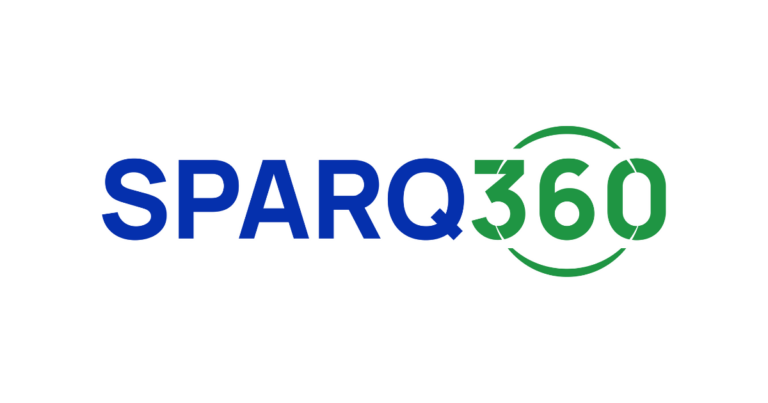EU’s Corporate Sustainability Reporting Rules Face Major Overhaul
Recent European Union (EU) developments indicate a major shift in corporate sustainability reporting requirements. Leaked drafts of the upcoming “Omnibus” proposal reveal plans to significantly reduce the number of companies required to comply with sustainability reporting—potentially exempting 31,000 businesses from detailed ESG disclosures.
While proponents argue these changes will ease companies’ compliance burdens, critics warn that the rollback undermines transparency, weakens corporate accountability, and slows progress on environmental goals.
Key Proposed Changes
🔹 Higher Reporting Thresholds
The Corporate Sustainability Reporting Directive (CSRD) will apply only to companies with over 1,000 employees and a net turnover exceeding €450 million, a drastic increase from the current 250-employee and €40 million turnover thresholds. (Read more)
🔹 Sector-Specific Standards Dropped
The European Sustainability Reporting Standards (ESRS) were initially set to include sector-specific reporting requirements by June 2026. However, the Omnibus proposal eliminates this plan, simplifying the reporting process. (More details)
🔹 Weakened Due Diligence Requirements
The Corporate Sustainability Due Diligence Directive (CSDDD) would now only apply to a company’s direct business partners and subsidiaries, excluding subcontractors and suppliers from mandatory supply chain due diligence assessments. This weakens previous ESG enforcement efforts. (See update)
🔹 Delays to Key Sustainability Regulations
The CSDDD and CSRD implementation deadlines will likely be pushed back by at least two years. According to reports, Germany is advocating for a delay until 2027, while France supports indefinite postponement. (See analysis)
Divergent Views Among EU Member States
The proposed regulatory rollback has divided EU member states into two main camps:
✅ Proponents of Strong ESG Rules
Countries like Spain and Italy argue that maintaining strict sustainability rules is essential for preserving EU environmental and human rights values. Spain, in particular, has emphasized that weakening due diligence laws would be a step backward. (Learn more)
❌ Advocates for Looser ESG Regulations
Germany and France are pushing for delays and modifications to ease corporate reporting burdens. Germany has called for a two-year postponement that would impact 13,000 German companies, while France has pushed for an indefinite delay on due diligence rules and a two-year delay for the CSRD. (Read analysis)
New Concerns Raised by ESG Experts
According to Andreas Rasche, an expert in corporate sustainability, the Omnibus proposal introduces additional uncertainties, including:
- Lack of Clarity on Implementation: The proposal fails to outline how national governments should handle delayed regulations.
- Possible Legal Conflicts: Some national ESG laws may now directly conflict with EU-wide reporting requirements.
- Negative Signal to Global Markets: The EU had been a leader in ESG regulation, but weakened rules could send a contradictory message to international investors.
What This Means for Businesses and Sustainability
If these weakened sustainability rules are adopted, businesses will face lower compliance burdens, but the long-term impact on ESG transparency and corporate accountability remains uncertain. The European Commission is expected to publish the official “Omnibus” proposal soon, which will be reviewed by the European Parliament and Council. (Further insights)
With high stakes for corporate sustainability, companies should closely monitor the final decision—as it may reshape ESG obligations for years to come.







